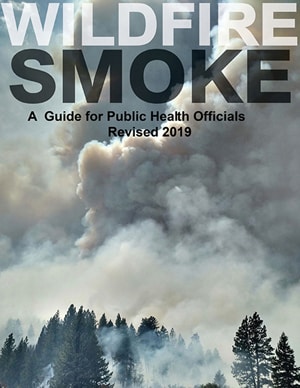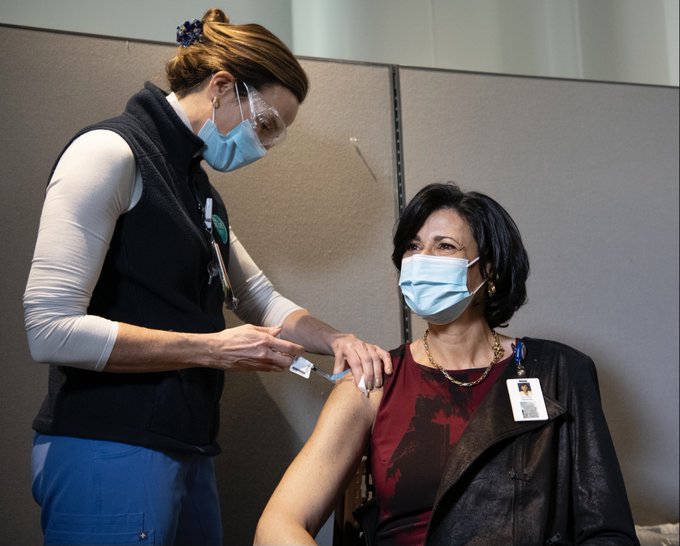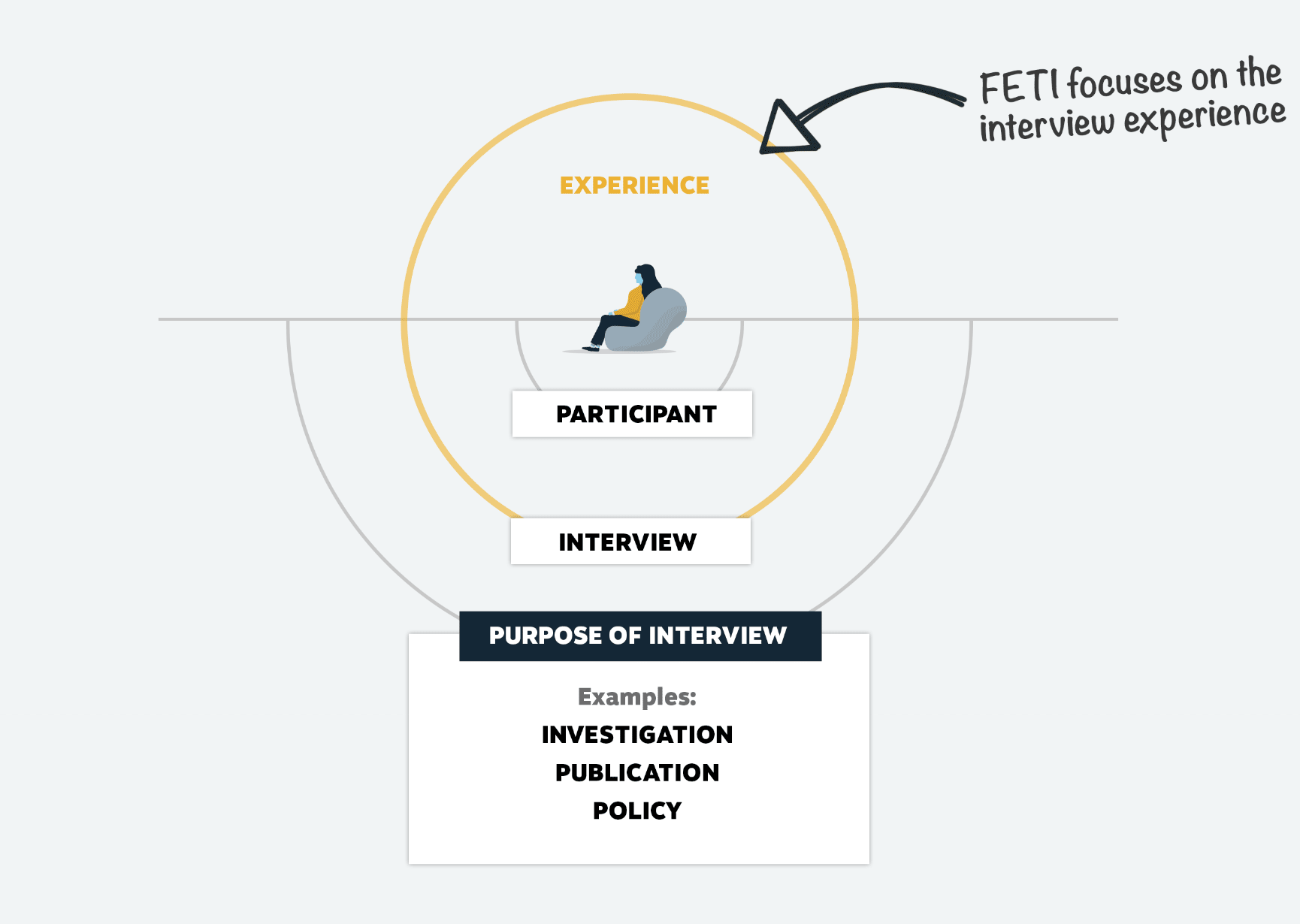|
Help |
Site Map
|
Health and Science
AS OF APRIL 4, 2022
Background
Changes to the makeup of the U.S. Supreme Court in 2018 raise the possibility that Roe v. Wade could be severely undermined — or even overturned — essentially leaving the legality of abortion to individual states. A reversal of Roe could establish a legal path for states’ pre-1973 abortion bans, as well as currently unenforced post-1973 bans, to take effect.
Many state lawmakers continue to consider and enact abortion bans that fly in the face of constitutional standards and Roe’s precedent in anticipation of an eventual lawsuit on such a ban coming before a Supreme Court hostile to abortion rights.
Some bans prohibit abortion under all or nearly all circumstances, a tactic widely viewed as an attempt to provoke a legal challenge to Roe. Several of this type of ban that were passed by states have been blocked by court orders and would require further court action to be enforced.
Other bans enacted after Roe are designed to be “triggered” and take effect automatically or by swift state action if Roe is overturned. Several states even have laws declaring the state’s intent to ban abortion to whatever extent is permitted by the U.S. Constitution, making their desire to halt abortion access in the state clear. A few states have amended their constitution to declare that it does not contain any protection for abortion rights or allow public funds to be used for abortion.
Meanwhile, policymakers in some states have approved laws to protect abortion rights without relying on the Roe decision. Most of these policies prohibit the state from interfering with the right to obtain an abortion before viability or when necessary to protect the life or health of the pregnant person.
Visit our state legislation tracker for policy activity on all sexual and reproductive health topics.
Highlights
- 23 states have laws that could be used to restrict the legal status of abortion.
- 9 states retain their unenforced, pre-Roe abortion bans.
- 13 states have post-Roe laws to ban all or nearly all abortions that would be triggered if Roe were overturned.
- 9 states have unconstitutional post-Roe restrictions that are currently blocked by courts but could be brought back into effect with a court order in Roe’s absence.
- 7 states have laws that express the intent to restrict the right to legal abortion to the maximum extent permitted by the U.S. Supreme Court in the absence of Roe.
- 4 states have passed a constitutional amendment explicitly declaring that their constitution does not secure or protect the right to abortion or allow use of public funds for abortion.
- 16 states and the District of Columbia have laws that protect the right to abortion.
- 4 states and the District of Columbia have codified the right to abortion throughout pregnancy without state interference.
- 12 states explicitly permit abortion prior to viability or when necessary to protect the life or health of the pregnant person.
Printer-friendly version
TOPIC
GEOGRAPHY
- Northern America: United States
- Alabama, Alaska, Arizona, Arkansas, California, Colorado, Connecticut, Delaware, District of Columbia, Florida, Georgia, Hawaii, Idaho, Illinois, Indiana, Iowa, Kansas, Kentucky, Louisiana, Maine, Maryland, Massachusetts, Michigan, Minnesota, Mississippi, Missouri, Montana, Nebraska, Nevada, New Hampshire, New Jersey, New Mexico, New York, North Carolina, North Dakota, Ohio, Oklahoma, Oregon, Pennsylvania, Rhode Island, South Carolina, South Dakota, Tennessee, Texas, Utah, Vermont, Virginia, Washington, West Virginia, Wisconsin, Wyoming
Related Content
Guttmacher Policy Review
*State Policy Resources: The Guttmacher Institute monitors and analyzes state policy developments—including legislative, judicial and executive actions — on a broad range of issues related to sexual and reproductive health and rights. These resources, on such issues as access to and availability of abortion, contraceptive services and sex education, are updated regularly to provide a comprehensive picture of the state policy landscape.
The fierce wildfires that broke out across much of the western United States this summer, spreading smoke across hundreds of miles, continue to pose a serious health hazard to millions. That’s a major health concern because microscopic particles in wildfire smoke, carried by the wind, can penetrate deep into your lungs and travel into your bloodstream. One study linked wildfire smoke exposure to a twofold increase in the rate of asthma and a 40% rise in strokes and heart attacks. But the smoke can get into your house or apartment. So you might want to consider investing in equipment to clean the air inside your home, especially with climate change likely to continue escalating the scope and intensity of the fires. more »
Today, CDC Director Rochelle P. Walensky, M.D., M.P.H., endorsed the CDC Advisory Committee on Immunization Practices’ (ACIP) recommendation for a booster shot of the Pfizer-BioNTech COVID-19 vaccine in certain populations and also recommended a booster dose for those in high risk occupational and institutional settings. The Food and Drug Administration’s (FDA) authorization and CDC’s guidance for use are important steps forward as we work to stay ahead of the virus and keep Americans safe. This updated interim guidance from CDC allows for millions of Americans who are at highest risk for COVID-19 to receive a Pfizer-BioNTech COVID-19 booster shot to help increase their protection. more »
Carrie Hull is now a consultant for police departments, and part of her work involves advocating for the adoption of a technique known as Forensic Experiential Trauma Interviewing, or FETI. The training can help law enforcement learn how to ask questions differently: with empathy, patience and an informed understanding of how a traumatized brain makes memories and recalls them. Training in the technique is available through an online course, but it’s not a mandatory requirement for most police departments. People who take Hull’s course learn specific strategies for helping someone resurface a relevant memory that he or she may not have had access to when they first walked into the interview room. Hull said FETI discourages counterproductive practices such as paraphrasing, changing the victim’s words, interrupting or giving advice. Hull said the overarching goal of trauma interviewing is to first “collect the dots, then connect the dots.” In other words, simply interview the victim about what happened. more »
"The support for an extra dose of covid vaccine clearly emerged, at least in part, from an NIH research dynamo, built by Fauci, that for months has been getting intricate real-time data about covid variants and how they respond to vaccine-produced immunity. The FDA and CDC were seeing much of the same data, but as regulatory agencies, they were more cautious. The FDA, in particular, won’t rule on a product until the company making it submits extensive data. And its officials are gimlet-eyed reviewers of such studies.
"On boosters, Americans have heard conflicting messages from various parts of the U.S. government. Yet, Fauci said, “there is less disagreement and conflicts than seem to get out into the tweetosphere.” He ticked off a number of prominent scientists in the field — including Surgeon General Vivek Murthy, acting FDA Commissioner Janet Woodcock and covid vaccine inventor Barney Graham — who were on board with his position. All but Graham are members of the White House covid task force. more »
|
|










